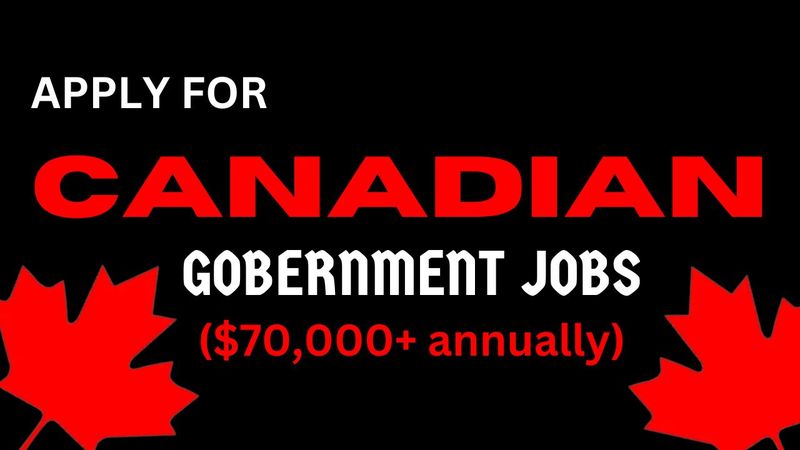New Rules for Hiring Foreign Workers in Canada: What You Need to Know in 2024
Thinking about working in Canada? If you’re coming from another country, there are some recent changes to the Temporary Foreign Worker Program (TFWP) you should be aware of. The Canadian government is making adjustments to how many temporary workers can come to Canada and for what jobs. This article will explain everything you need to know in clear and simple language.
What is the Temporary Foreign Worker Program (TFWP)?
The TFWP is a program that lets Canadian employers hire foreign workers to fill specific job openings. This is usually for situations where they can’t find qualified Canadians to do the work. The program helps employers address labor shortages and also gives foreign workers a chance to gain valuable experience in Canada.
What’s Changed with the TFWP?
The Canadian government recently announced two key updates to the TFWP:
- LMIA Validity Period: LMIA stands for Labour Market Impact Assessment. This is a document employers need to get from the government before they can hire some foreign workers. It shows that the employer tried to find a Canadian for the job first and that hiring a foreign worker won’t hurt Canadian workers’ chances of getting jobs. The important change is that, as of May 2024, the LMIA will only be valid for 6 months. This is shorter than before, when it was extended to 18 months due to COVID-19.
- Lower Wage Cap for Certain Industries: Another change affects the number of low-wage foreign workers some businesses can hire. There’s a limit, or “cap,” on how many foreign workers can be paid below a certain wage. From May 2024, this cap will go back down to 20% for some industries. This is lower than the temporary increase of 30% that was allowed in 2022.
Who are the Exceptions to the New Rules?
There are a few groups of employers who are not affected by the lower wage cap:
- Agriculture & Seasonal Work: If you work in farming or a seasonal business like tourism or hospitality, the cap increase for low-wage foreign workers remains in place.
- Construction & Healthcare: Construction and healthcare employers can still hire up to 30% low-wage foreign workers.
What Does This Mean for Employers?
These changes are meant to balance the needs of Canadian workers with Canada’s immigration goals. Employers who rely on foreign workers, especially for lower-wage jobs, will need to consider these updates when planning their hiring and recruiting strategies. The shorter LMIA validity period means they’ll need to renew it more often, and the lower cap in some industries might affect how many foreign workers they can bring in.
How Can I Work in Canada as a Foreigner?
There are several ways for foreigners to get a work permit in Canada, depending on your skills and goals:
- Through an Employer: Many Canadian employers offer sponsorship for foreign workers with skills they need. This can also be a path to permanent residency in Canada.
- Temporary Foreign Worker Programs: The TFWP is one example, but there might be other programs specific to your profession or industry.
- International Mobility Programs: These programs allow for work exchanges, internships, and other types of temporary work experiences in Canada.
- Economic Immigration Programs: These programs offer work permits that can eventually lead to permanent residency in Canada.
Getting a Work Permit in Canada
The process of getting a work permit in Canada can vary depending on the program you’re applying under. Generally, you’ll need one of the following:
- Work Permit: This is the most common option for temporary foreign workers.
- Work Permit Exemption: In some cases, you might not need a full work permit, depending on the type of work you’ll be doing and how long you’ll be staying.
- Permanent Residency Status: If you plan to stay and work in Canada long-term, you might want to consider applying for permanent residency.
Each option has its own eligibility requirements and application process. It’s important to research the specific program that applies to you.
Employer LMIA & Job Offer
In some situations, your employer might need to get an LMIA approved before they can submit your work permit application. Remember, the LMIA shows the government that the employer tried to find a Canadian worker first.
For permanent residency through work experience, some programs also require an official job offer from a Canadian employer.








